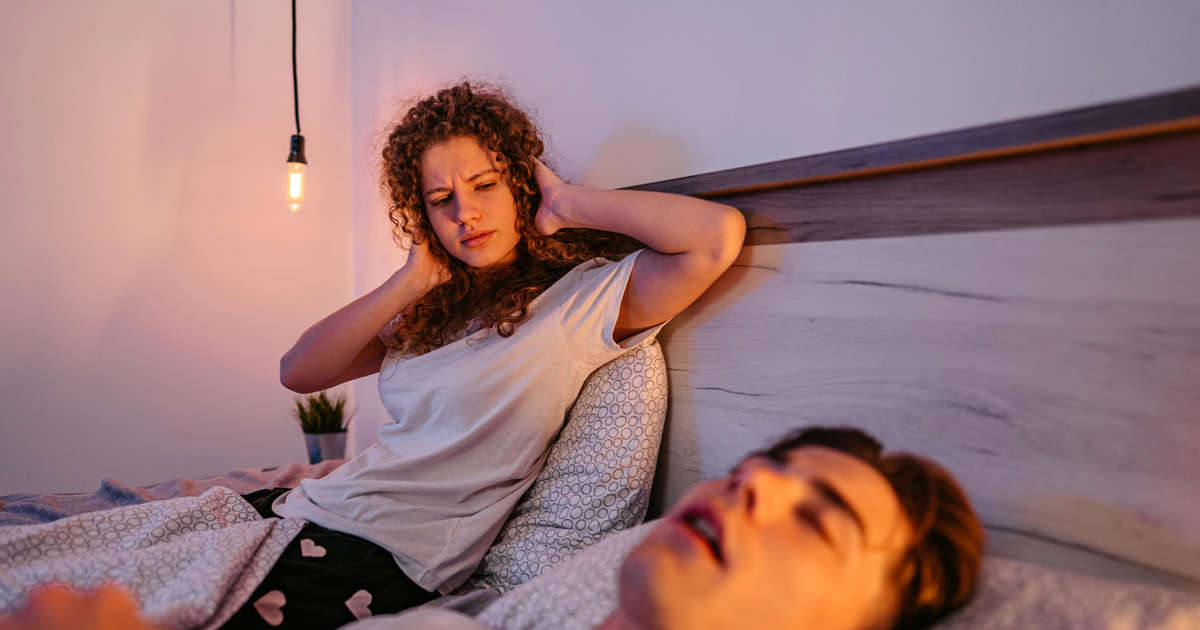2 Types of Osteoarthritis and 4 Methods of Prevention
Cracking and popping sounds can be common in aging knees. However, this could also be caused by knee stiffness or soreness due to prolonged sitting or overuse. osteoarthritis. Taiwanese geriatrician Dr. Yu-Hsieng Fu introduced four ways to prevent and improve the conditions of osteoarthritis.
Osteoarthritis is also known as degenerative arthritis. When the joint area is worn down by friction through excessive use of the cartilage or by abnormal secretion of synovial fluid, the cartilage between the bones gradually loses elasticity and becomes thinner. Eventually, the cartilage wears out completely, leaving gaps between the bones and leading to a lack of cushioning lubrication. This causes more friction between the bones, resulting in osteoarthritis.
Osteoarthritis causes pain, swelling, stiffness, and other symptoms of arthritis, and in severe cases, it may cause bone spurs and joint deformities that can affect joint movement. Although most osteoarthritis occurs among older people, there has been a trend toward younger people in recent years.
The most common cause of osteoarthritis is natural degeneration with age, but athletes and people who do physical work are also more likely to experience joint degeneration due to excessive exercise and physically demanding labor jobs.
Clinically, there are two types of osteoarthritis: primary and secondary. Primary osteoarthritis is caused by abnormalities in the patient’s joint structure and the cartilage tissues’ ability to repair. Calcium loss and decreased bone density among the elderly are also common causes. Secondary osteoarthritis is caused by other joint problems, such as gout, rheumatoid arthritis, or bone fractures.
Symptoms of Osteoarthritis
The main symptoms of osteoarthritis include pain or swelling in the knee joint that worsens with excessive activity or simply walking up and down stairs. It is common to hear a rattling sound in the joint. Some patients experience joint pain when they stand up after sitting for a long time or have difficulties standing up after squatting down.
Patients may also feel stiffness in the knee joint when they wake up in the morning or when their legs have not been moving for a while, and they feel pain when they sleep at night. Some patients might even display joint deformities, such as bow-leggedness or the inability to straighten the joint.
Physician’s Advice
In an interview with The Epoch Times on February 11, Yu-Hsieng, a geriatrician in Taiwan and director of the Flying Health Clinic, recommended four prevention methods to patients.
- Proper posture when sitting or standing: Avoid hunchback, leg curl, and standing or sitting for a long time.
- Maintain a healthy body weight: Obesity will exert pressure on the knees. Strengthening your leg muscles via exercise can reduce excessive pressure on the knees.
- Avoid sports injuries: Low-impact sports such as swimming and walking can effectively prevent and improve degenerative arthritis. However, once an injury occurs in the joint, follow a doctor’s advice and rest and recuperate until fully recovered before engaging in more exercises.
- Take nutritional supplements: Your dietary supplements should focus on protein, calcium, and vitamin D3, which are beneficial for strengthening muscles and increasing bone density.
Epoch Health articles are for informational purposes and are not a substitute for individualized medical advice. Please consult a trusted professional for personal medical advice, diagnoses, and treatment. Have a question? Email us at [email protected]
" Conservative News Daily does not always share or support the views and opinions expressed here; they are just those of the writer."



Now loading...